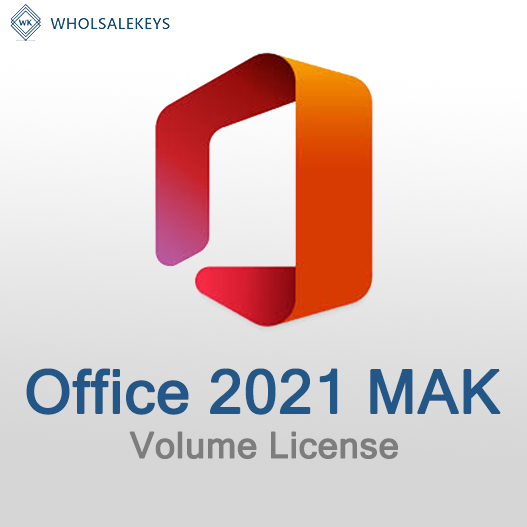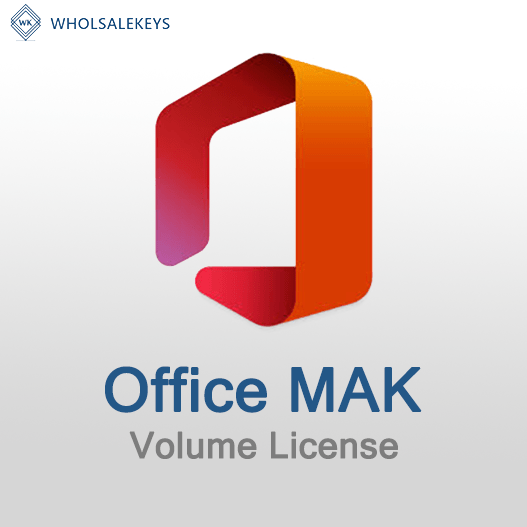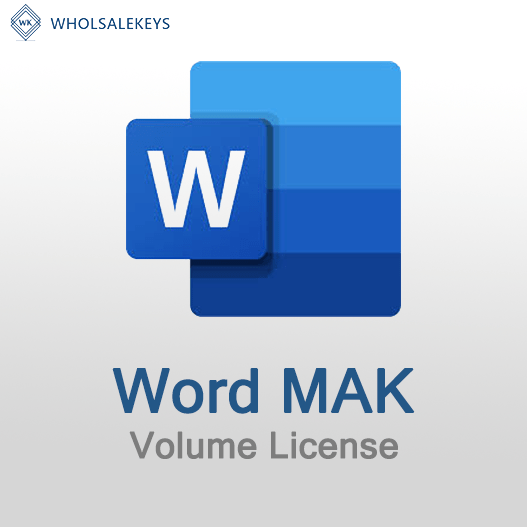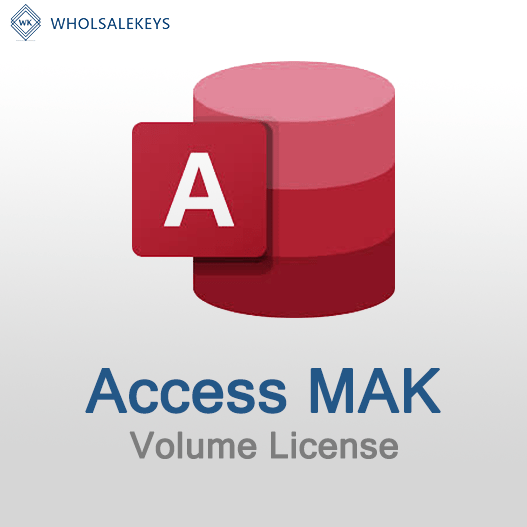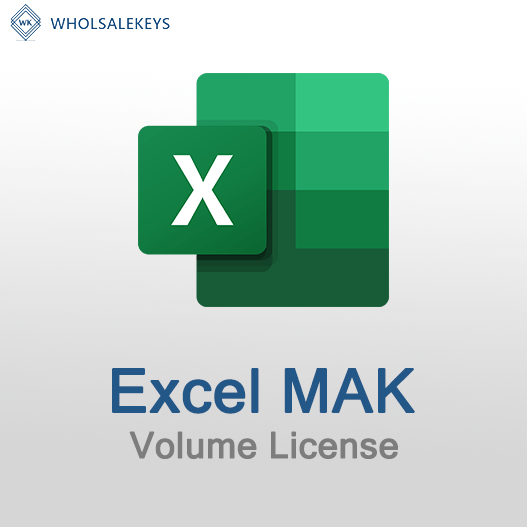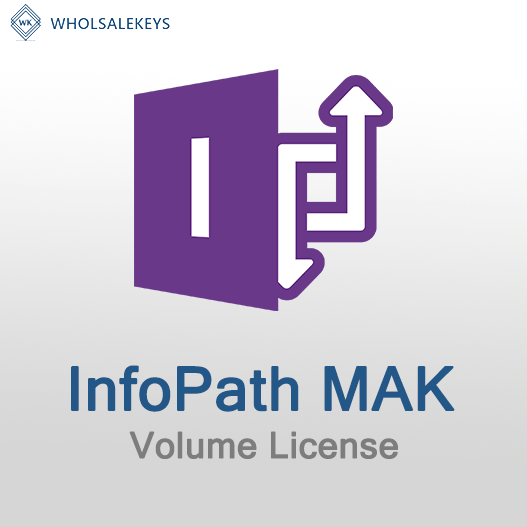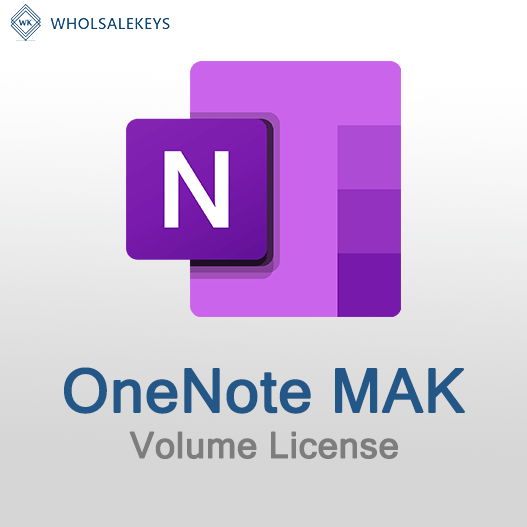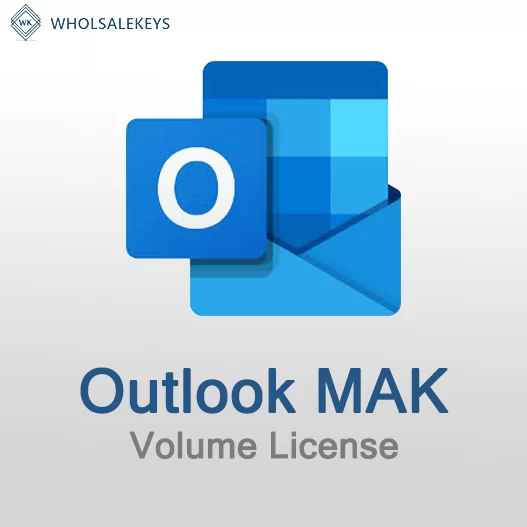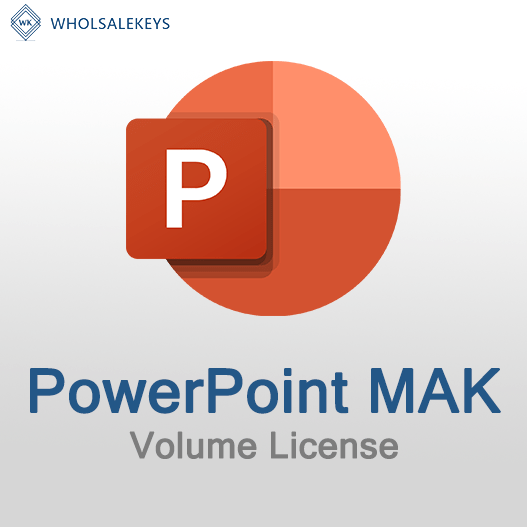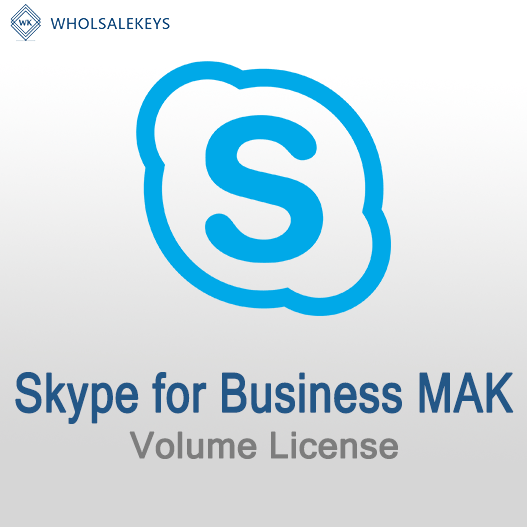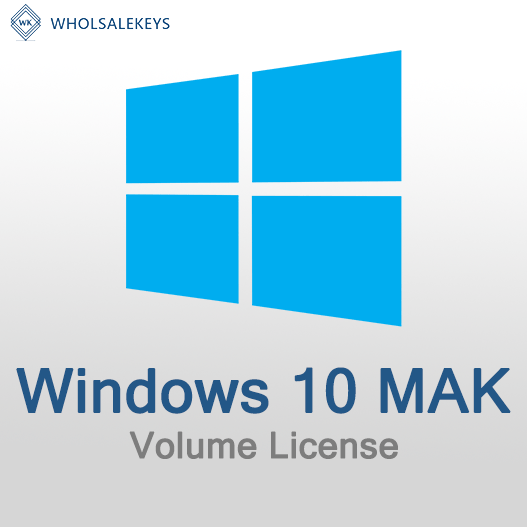Home » Licensing Microsoft Server Products with MAK Keys
Licensing Microsoft Server Products with MAK Keys
When it comes to deploying and activating Microsoft server products within your organization, understanding the licensing process is essential. Multiple Activation Key (MAK) keys provide a method for licensing Microsoft server products. In this guide, we will delve into the details of licensing Microsoft server products using MAK keys, ensuring proper activation and compliance.
Understanding Multiple Activation Key (MAK) Activation
Multiple Activation Key (MAK) activation is a volume licensing method provided by Microsoft. It allows organizations to activate multiple copies of Microsoft server products on a specific number of devices, using a single key for all activations.
Licensing Microsoft Server Products with MAK Keys
Acquiring MAK Keys
Ensure that your organization has acquired valid MAK keys through a volume licensing agreement with Microsoft.
Installation
Install the Microsoft server product (e.g., Windows Server, SQL Server) on the target device or server where you want to use it.
Activation
Go to the activation settings within the server product. You will have the option to enter the MAK key during this process.
Internet Connection
Most MAK key activations require an internet connection to validate and activate the product. Ensure that the device or server has internet access during activation.
Activation Confirmation
Upon successful activation, you should receive confirmation that the server product is properly licensed.
Benefits of Using MAK Keys for Server Products
- Centralized Activation: A single MAK key can be used to activate multiple copies of the same product, simplifying the activation process.
- Volume Licensing: MAK keys are part of Microsoft’s volume licensing program, allowing organizations to efficiently manage licensing for multiple servers.
- Compliance: Activating server products with valid MAK keys ensures compliance with licensing agreements, reducing the risk of non-compliance.
- Documentation: MAK key activations can be documented, making it easy to track which servers are properly licensed.
Compliance and Auditing
Maintaining compliance with licensing agreements is crucial. Regularly audit your MAK key activations to ensure that the number of activated servers aligns with the number of purchased licenses.
Security Considerations
Safeguard your MAK keys to prevent unauthorized access. Only authorized personnel should have access to these keys to ensure security.
Documentation and Record-Keeping
Keep detailed records of your MAK key activations, including the server or device activated, the date of activation, and the specific MAK key used. This documentation is vital for compliance and audit purposes.
License Reassignment
In some cases, you may need to reassign a MAK key from one server to another. Ensure that you understand the reassignment rights associated with your licensing agreement.
Consulting with Licensing Experts
For complex server deployments and licensing scenarios, it may be beneficial to consult with licensing experts or representatives from Microsoft to ensure you have the right licensing in place and understand your rights and responsibilities.
In conclusion, licensing Microsoft server products with MAK keys is a vital part of managing your organization’s server infrastructure. By following best practices, staying compliant with licensing agreements, and properly documenting your activations, you can ensure that your server products are appropriately licensed and secure.
Recent posts
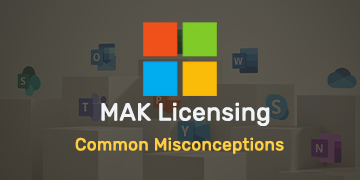
Common Misconceptions About MAK Licensing
Clarify misconceptions surrounding Multiple Activation Key (MAK) licensing with expert insights and accurate information.
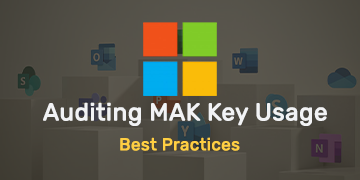
Auditing MAK Key Usage: Best Practices
Learn effective methods and best practices for auditing Multiple Activation Key (MAK) usage to maintain licensing compliance.

Tips for Smooth MAK Activation in Remote Locations
Learn how to ensure hassle-free Multiple Activation Key (MAK) activation in remote locations with these essential tips.
